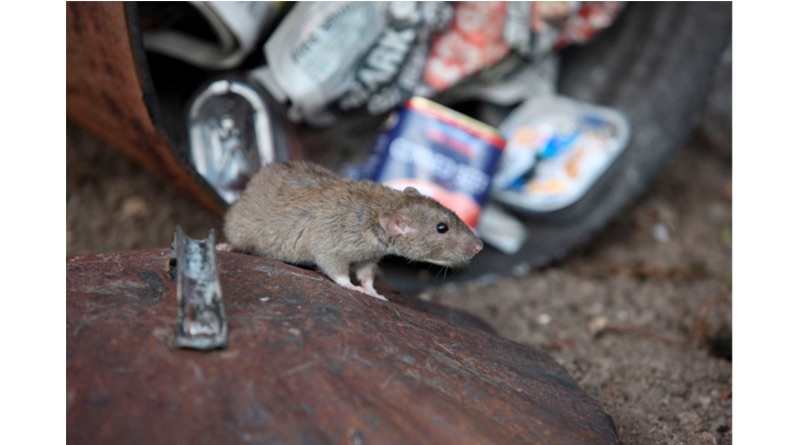Hospitality Warned On Growing Vermin Problem

A national trade body has warned the hotel industry to be on guard as milder winters drive a rise in rats.
Cold winters create a ‘natural cull’ of the population, but warmer weather in recent years has seen numbers increase.
Now British Pest Control Association (BPCA) has published a new online guide to help businesses prevent problems with the pests.
The guide – which highlights the signs and dangers of an infestation – can be found on BPCA’s website along with an accompanying video.
It delves into the life cycle and habits of rats, as well as giving tips on avoiding infestation and sign-posting hotel businesses to professional pest control.
Dee Ward-Thompson, BPCA Technical Manager, said: “A rat spotted running through a restaurant can mean the end of the road for that establishment, while no-one wants to share a hotel swimming pool with a bathing rodent.
“In the past, harsh winters were a natural method of culling those numbers. Milder winters in recent years have helped rat populations thrive, which is where professional pest control comes in.”
Rats represent a significant public health risk as they urinate wherever they go. They can spread diseases including Salmonella and Weil’s disease to humans when they – or their urine – come into contact with food preparation areas.
Dee added: “The problems associated with rats are not just limited to public health. They can also cause structural damage.
“Rats have to gnaw in order to keep their teeth in shape, and they’re not shy about what they gnaw on.
“Common ‘gnaw-spots’ include the sheathing around electrical cables, which present a significant fire risk, and pipes, which is likely to result in leaks, both water and gas.
“Cinderblock, wood, glass, metal – rats’ teeth will take on pretty much any challenge, which is why they can cause untold damage to businesses.”
“A pest professional will have access to monitoring equipment, which they will use to confirm entry points into your property, the size of the infestation and to track the rat to its harbourage (nest).
“They can then recommend a proofing strategy and decide on the best course of action in terms of control; this could be traps, rodenticides or a combination of both.”
For more advice about preventing or dealing with rats, the new online guide and video are available at bpca.org.uk/rats
